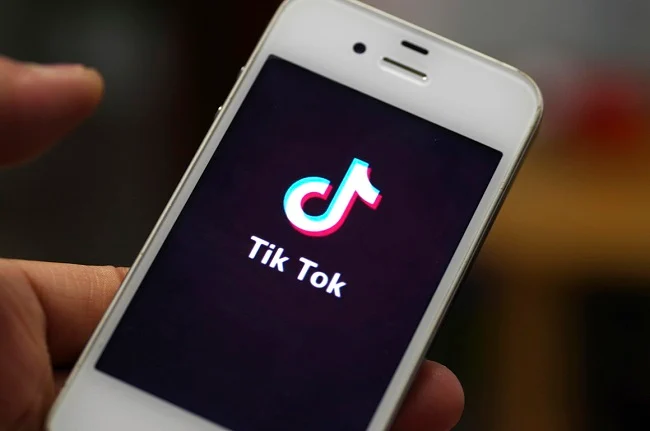
The authorities of the US, and Canada have banned the use of TikTok on government-issued devices over concerns about privacy and cybersecurity.
The video-sharing app, which is owned by the Beijing-based ByteDance, has denied wrongdoing and maintained that it does not share data with the Chinese government.
Despite its denial, a number of countries have decided to ban it either totally or partially.
According to a report published on Wednesday on Reuters, the US house foreign affairs committee approved a bill to ban the Chinese-owned app.
Lawmakers voted 24 to 16 to suspend the app which is used by over 100 million Americans.
“TikTok is a national security threat … It is time to act,” said Michael McCaul, the Republican chair of the committee who sponsored the bill.
“Anyone with TikTok downloaded on their device has given the CCP (Communist Party of China) a backdoor to all their personal information. It’s a spy balloon into their phone.”
BBC reported that the Canadian government banned the app from all government-issued devices and blocked it from future downloads.
Justin Trudeau, Canada’s prime minister, said there was enough concern about security around the app to require the change.
“This may be the first step, this may be the only step we need to take,” he said on Monday.
Mona Fortier, the president of Canada’s Treasury Board, said the government “is committed to keeping government information secure.”
“On a mobile device, TikTok’s data collection methods provide considerable access to the contents of the phone. While the risks of using this application are clear, we have no evidence at this point that government information has been compromised,” she said.
In a statement dated February 23 and released by the European Commission, the use of TikTok has been suspended on “corporate devices” used by its staff, as well as “personal devices” that can be connected to its mobile service.
“To increase its cybersecurity, the Commission’s Corporate Management Board has decided to suspend the use of the TikTok application on its corporate devices and on personal devices enrolled in the Commission mobile device service,” the statement reads.
“This measure aims to protect the Commission against cybersecurity threats and actions which may be exploited for cyber-attacks against the corporate environment of the Commission. The security developments of other social media platforms will also be kept under constant review.”
The ban for European Commission employees is set to come into force on March 15.





